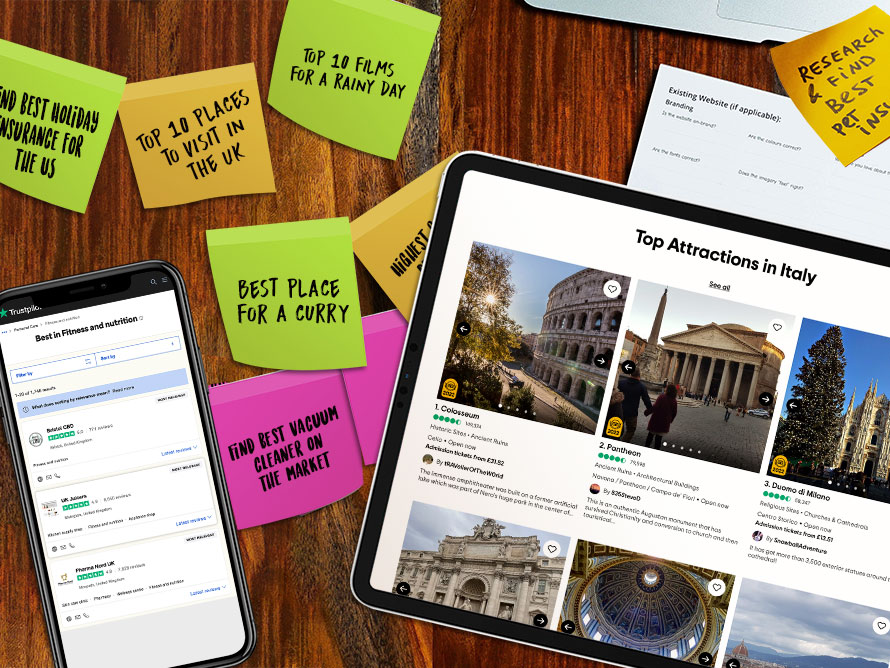Is the quest for the best making us miserable? Some people will settle for nothing but the best. But when we have so much to choose from, there is a price to be paid for pickiness.
Rankings are ruining our lives says writer
 List overload: People have been making lists for thousands of years — but now they can share them online.
List overload: People have been making lists for thousands of years — but now they can share them online. Glossary
Aristotle - A student of Plato, tutor to Alexander the Great and the father of political philosophy.
Middle Ages - The Middle Ages was the period in European history that came between ancient and modern times. It lasted from about 500 to about 1500.
Nobility - The aristocracy, or the highest social rank.
